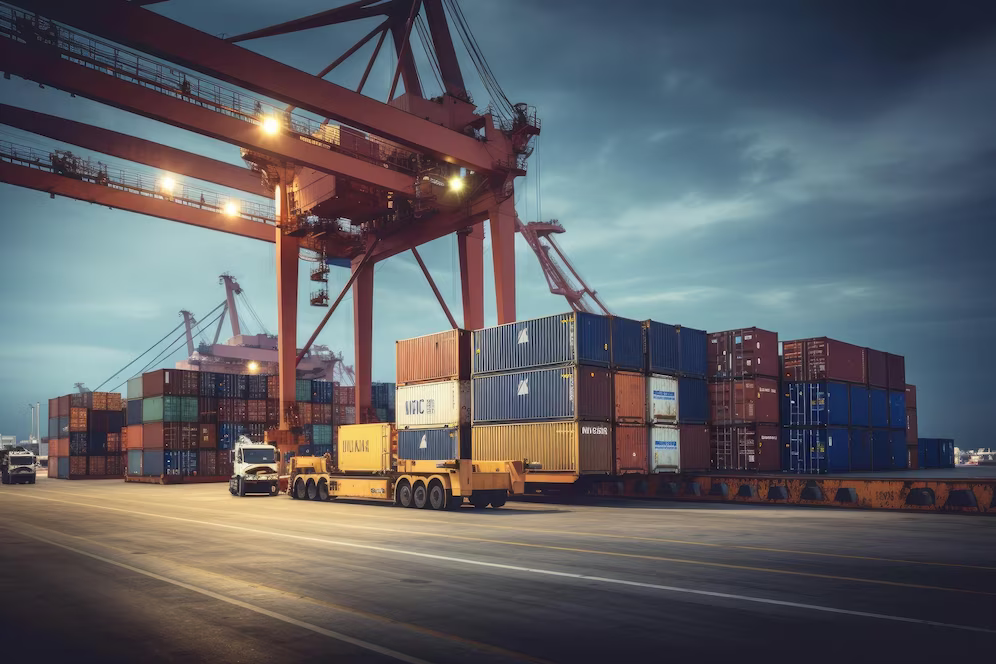 The English translation for “验货” is “inspection of goods” or “goods inspection.”
The English translation for “验货” is “inspection of goods” or “goods inspection.”
Title: Inspecting Goods: Ensuring Quality and Reliability
Introduction:
When it comes to international trade and commerce, ensuring the quality and reliability of goods is of utmost importance. To achieve this, a crucial step is to conduct inspections, commonly referred to as “验货” in Chinese. In this article, we will explore the significance of inspecting goods and the process involved in ensuring the quality and integrity of products.
Why Inspecting Goods Matters:
Inspecting goods serves several vital purposes, including:
Quality Assurance: Inspections help verify that the goods meet the specified quality standards and conform to the agreed-upon specifications. By assessing the quality of products before shipment, both buyers and sellers can mitigate the risk of receiving or delivering substandard or defective goods.
Compliance with Regulations: Different countries and regions have specific regulations and standards governing the import and export of goods. Inspections ensure that the products meet these regulatory requirements, including safety, labeling, and packaging standards. Compliance with these regulations is crucial to avoid legal issues and trade barriers.
Building Trust: Inspections contribute to building trust between buyers and sellers. By conducting independent inspections, buyers gain confidence that the goods they are purchasing will meet their expectations, fostering trust in the supplier or manufacturer. On the other hand, sellers can provide evidence of product quality and integrity, enhancing their reputation and credibility in the market.
The Inspection Process:
The process of inspecting goods typically involves the following steps:
Preparing for Inspection: The buyer and seller agree on the inspection scope, criteria, and timing. Relevant documentation, such as purchase orders, specifications, and sampling plans, are shared with the inspection agency or inspector.
On-Site Inspection: A qualified inspector visits the production or storage facility to assess the goods. The inspector examines the quality, quantity, packaging, labeling, and other relevant aspects of the products. They may also conduct tests, if necessary, to ensure compliance with specific requirements.
Reporting and Feedback: Following the inspection, a comprehensive report is prepared, documenting the findings, including any non-conformities or issues identified. This report is shared with the buyer, who can then decide on further actions, such as accepting the goods, requesting rework or replacements, or negotiating with the supplier.
Continuous Improvement: Inspections provide valuable feedback to manufacturers and suppliers, enabling them to identify areas for improvement in their production processes, quality control systems, and supply chain management. This feedback loop helps enhance product quality and customer satisfaction over time.
Conclusion:
Inspecting goods, or “验货,” plays a crucial role in international trade by ensuring the quality and reliability of products. By conducting inspections, both buyers and sellers can mitigate risks, comply with regulations, and build trust. The inspection process, involving pre-inspection preparation, on-site assessments, reporting, and continuous improvement, helps maintain high standards and fosters a healthy business environment. Ultimately, investing in inspections leads to improved customer satisfaction, increased market competitiveness, and long-term business success.
领航验货、监装、验厂服务: 电话:+1 6265869231
扫一扫,微信咨询
